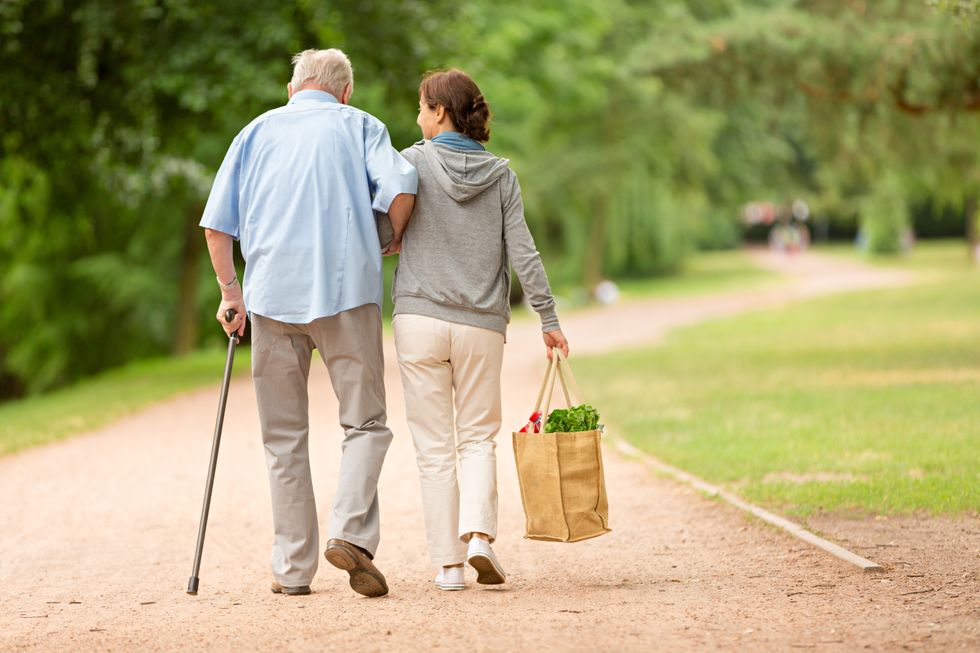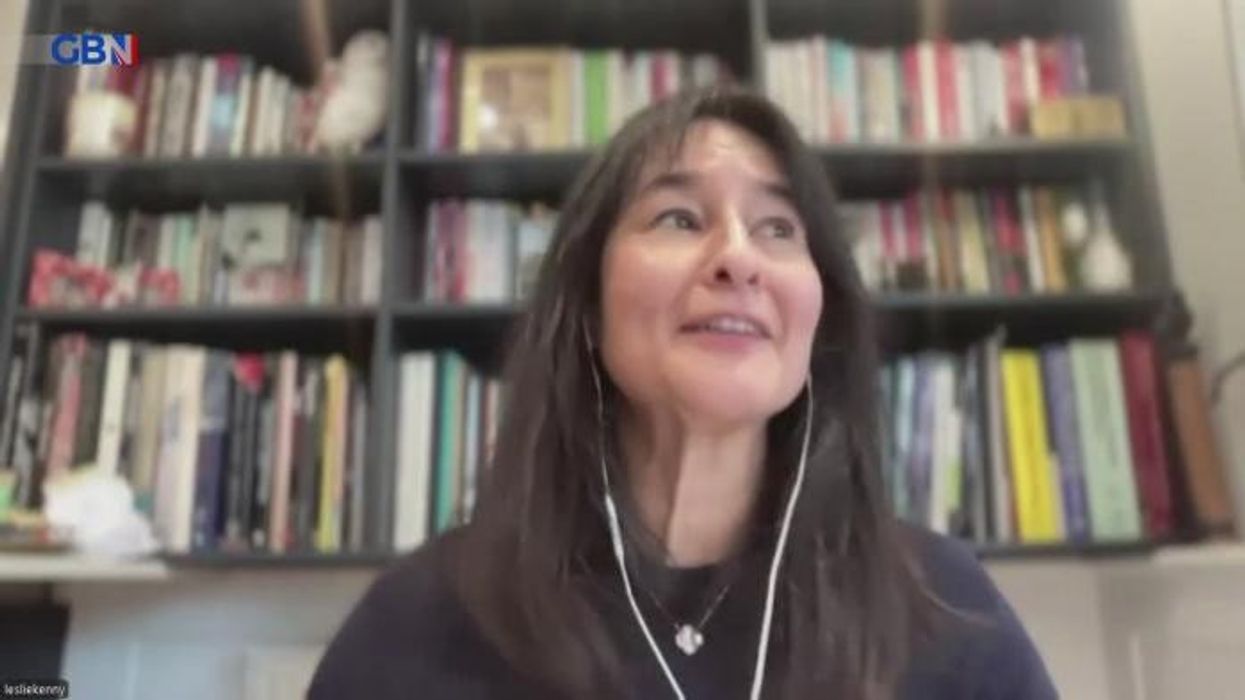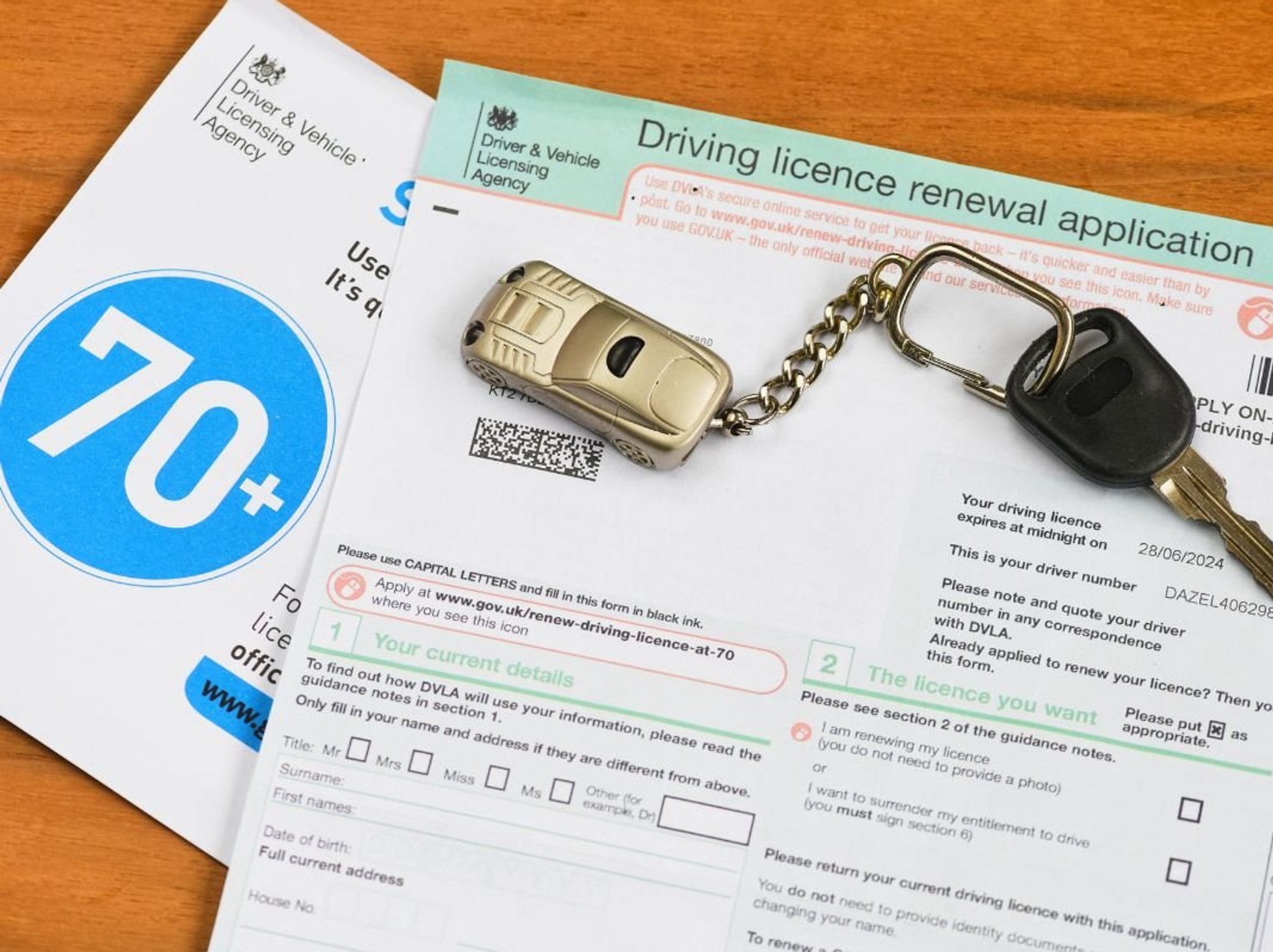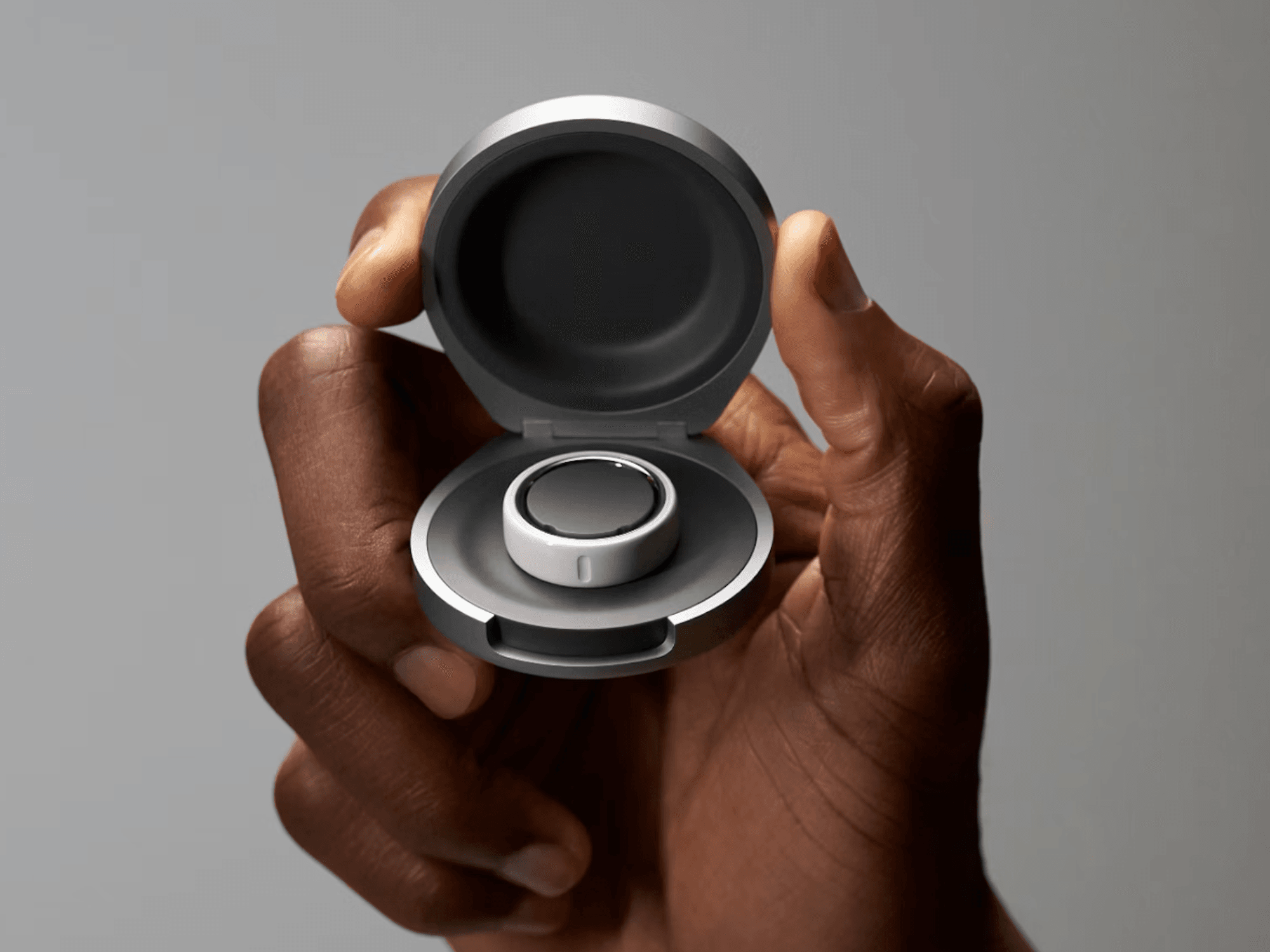'I'm 100 and my secret to a long life is an overlooked exercise - it is powerfully anti-ageing'

The activity can reduce the risk of chronic age-related diseases
Don't Miss
Most Read
Reaching 100 years old is an incredible milestone reached by very few, and those who make it to centenarian status can teach us a lot about longevity.
Of course, some of the factors that influence lifespan are out of our control, such as age, gender, race, and genetics.
However, there are plenty of things people can control when it comes to setting themselves up for a long life. Factors such as diet, smoking status, level of activity, alcohol intake, social interaction, and education are in our hands.
Speaking on the TikTok account @tryeden, a woman held an imaginary microphone up to her her 100-year-old grandmother's mouth and asked her to spill her longevity "secrets".
The centenarian revealed that although she doesn't enjoy exercise now, she did keep active throughout her life.

The 100-year-old shared that walking was her exercise of choice in her younger years
|TikTok/@tryeden
In her younger years, she laid the foundations for a "healthy" future by prioritising walking.
While many people do not particularly enjoy exercise, the endless benefits of regular movement make it almost non-negotiable.
Indeed, it is hailed by experts as a key pillar of health and longevity. In 'Physical Exercise: An Overview of Benefits From Psychological Level to Genetics and Beyond', published in the National Library of Medicine, experts confirmed: "Any form of physical activity - including exercise - is linked with preventing several diseases, including metabolic disorders, cancer, and mood disorders."
Now, this doesn't mean you must start hitting the gym, running, doing HIIT workouts or swimming to see results - although you could see enormous benefits if you do.
Something as simple as getting your daily steps in has been confirmed as an excellent longevity-booster, with many centenarians citing it as their secret to a long life.
Most importantly, it's something most people can easily incorporate into their lives at any age.
The NHS stated: "Sometimes overlooked as a form of exercise, walking briskly can help you build stamina, burn excess calories and make your heart healthier."
In 'The multifaceted benefits of walking for healthy aging: from Blue Zones to molecular mechanisms', published in the National Library of Medicine, experts said: "The evidence overwhelmingly supports walking as a powerful anti-ageing intervention that can reduce the risk of chronic age-related diseases such as cardiovascular disease, hypertension, type two diabetes, and cancer."
Regarding longevity, they added: "Low-intensity physical exercise, including walking, exerts anti-ageing effects and helps prevent age-related diseases, making it a powerful tool for promoting healthy ageing.
"This is exemplified by the lifestyles of individuals in Blue Zones, regions of the world with the highest concentration of centenarians. Walking and other low-intensity physical activities contribute significantly to the longevity of individuals in these regions, with walking being an integral part of their daily lives."
LATEST DEVELOPMENTS

'Low-intensity physical exercise exerts anti-ageing effects and helps prevent age-related diseases'
|GETTY IMAGES
The amount of walking or other exercises you can do will depend on several factors, such as age, mobility, and overall health. If you want to increase your activity levels, always consult your GP beforehand for tailored advice.
However, the NHS does provide general guidelines on exercising for older adults.
Exercise aims for over 65s
- Be physically active every day, even if it's just light activity
- Do activities that improve strength, balance and flexibility on at least two days a week
- Do at least 150 minutes of moderate intensity activity a week, or 75 minutes of vigorous intensity activity if you are already active, or a combination of both
- Reduce time spent sitting or lying down and break up long periods of not moving with some activity











